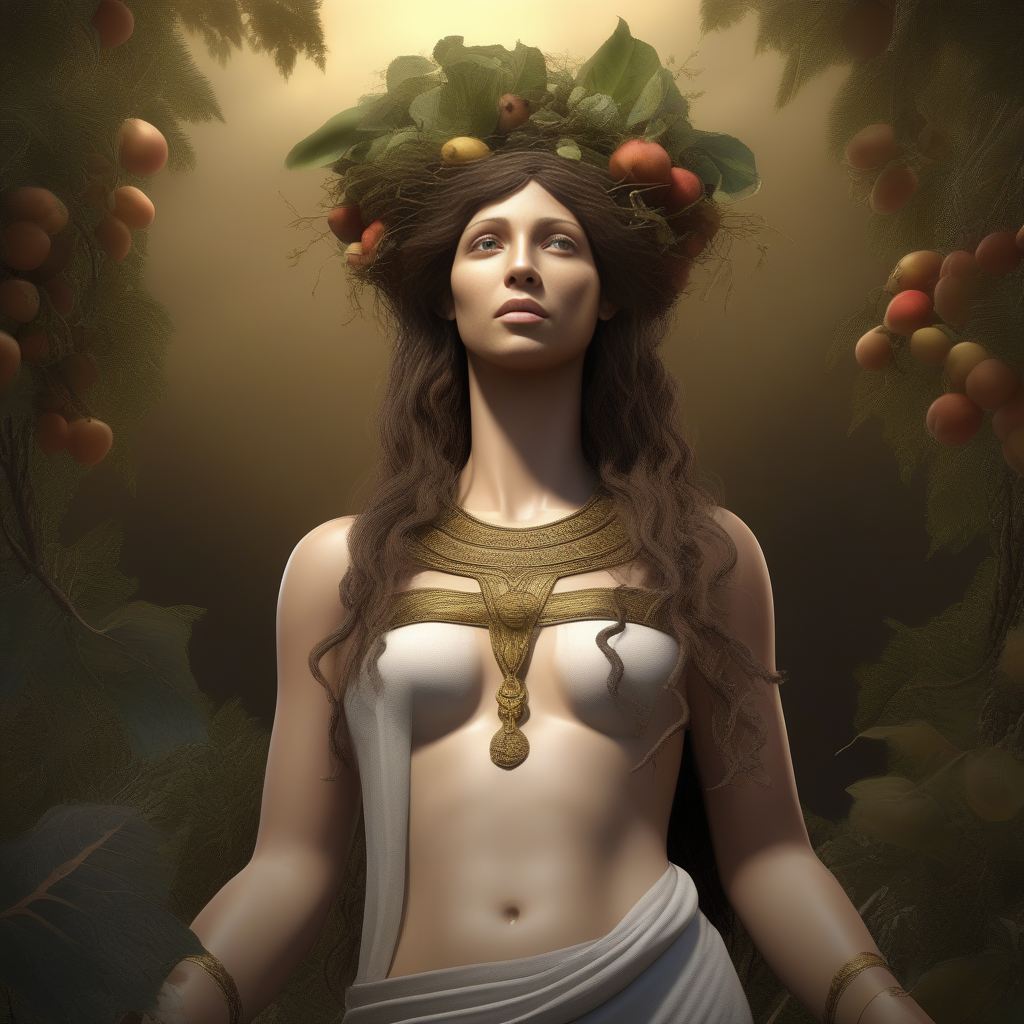Eve is a figure from the Hebrew Bible who is described as the first woman and the wife of Adam. According to the creation story in the Book of Genesis, Eve was created by God from one of Adam’s ribs while he was asleep. She is often portrayed as the mother of all humanity and the original sinner who disobeyed God by eating the forbidden fruit from the Tree of Knowledge of Good and Evil.
Eve’s actions in the Garden of Eden have been the subject of much debate and interpretation throughout history. Some view her as a symbol of temptation and disobedience, while others see her as a brave and curious woman who sought knowledge and independence. Regardless of interpretation, Eve’s story has had a profound impact on Western culture and has been used to justify the subordination of women for centuries.
Despite the negative connotations surrounding Eve’s story, some modern interpretations seek to reclaim her as a symbol of empowerment and defiance against oppressive structures. In recent years, feminist theologians have highlighted Eve’s role as a creator and mother, celebrating her as a figure of strength and resilience. By reexamining Eve’s story through a feminist lens, we can challenge traditional interpretations and honor her legacy as a complex and influential figure in religious and cultural history.
